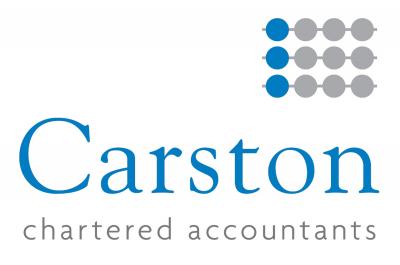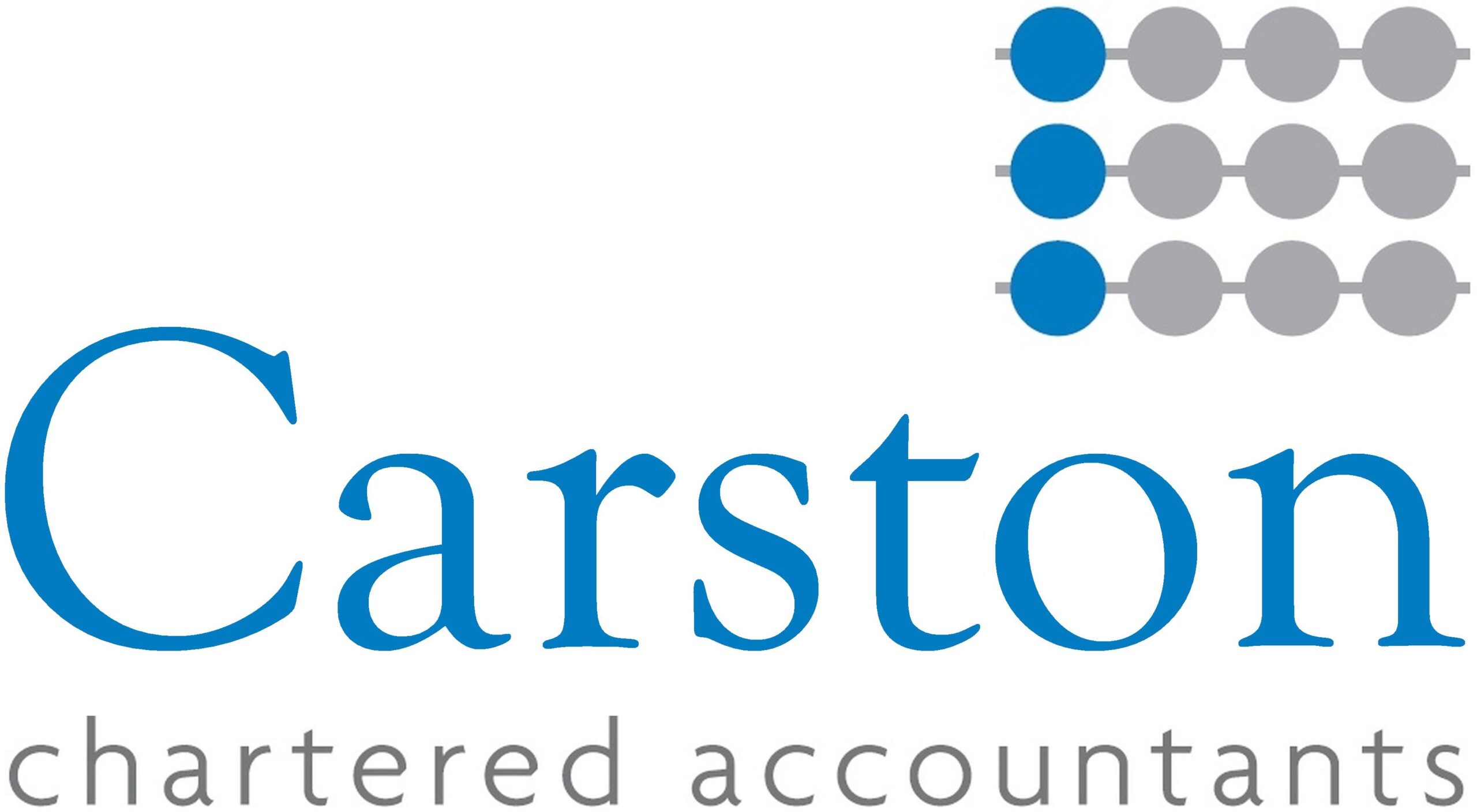HMRC is by no means the only body that regulates financial transactions. If you are a solicitor, you will also have to follow the rules of the SRA (Solicitors Regulation Authority).
As well as setting out a general code of conduct for all practising solicitors, the SRA has strict rules around accounting.
You are probably familiar with these, but it never hurts to refresh your memory. Here is our simple, plain English guide to the main accounting rules for solicitors.
Three kinds of money
The SRA accounting rules divide money into three categories:
- Money that belongs to a client
- Money that belongs to your business
- Money that is unrelated to activities covered by the SRA.
Where should I keep client money?
It is the first category that is the most important. If you are holding money that belongs to a client, there are strict rules about how it should be treated. Client money must be kept separate from your own money in a client account. This account must:
- Be held at a branch or head office of a bank or building society in England or Wales
- Have the name of your firm in the name of the account
- Have the word “client” in the name of the account.
You can open a separate account for each of your clients, or keep all client money in a general client account.
Who do fees belong to?
Sometimes you will be holding money for a client, but some of it will be earmarked to pay your fees. There was a time when you could treat this money as your own as soon as you received it, but this has now changed. This money must be treated as client money as long as a case is ongoing. You can only transfer it to your own account once you have billed the client for your services.
Returning client money
You are required to return client money as soon as you no longer have a good reason to hold it. This applies to any sum of money, no matter how small.
Occasionally you may find that it is impossible to return money. This could be because a client has died, changed their contact details or failed to cash a cheque that you have sent them. In this situation, the money should be donated to charity. If you are donating more than £500, you should inform the SRA first.
Keeping records
You are required to keep detailed records of all transactions involving client money. You must store these safely and keep them for at least six years.
Some firms will also have to obtain an accountant’s report. This means getting an external accountant to confirm that you are holding money compliantly. You only need to do this if:
- Your average client holdings for the accounting period exceed £10,000
- Your total client holdings exceed £250,000.
This report must be obtained within six months of the end of the accounting period. Usually, this report does not have to be sent to the SRA. However, in some cases the accountant may discover significant breaches. This is called a qualified report, and it must be submitted to the SRA within six months of the end of the accounting period.
Correcting breaches
If you discover a breach of any of these rules, it is your responsibility to correct it as soon as possible. This is the duty of both the person who caused the breach, and the senior members of the firm.
If client money has been withdrawn incorrectly, it must be returned promptly. If money has been taken by an employee, it should be replaced with the firm’s own money regardless of whether you have been able to recover it.
We’ve worked with many solicitors over the years, and we know the SRA rules inside out.
If you have any questions about your accounts, get in touch.

